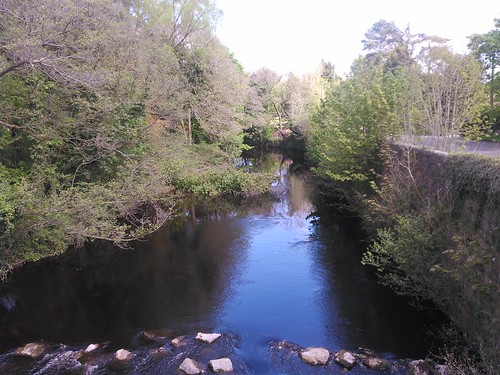Bamford brothers behind JCB empire could face £500m bill to settle tax inquiry
Bamford #Bamford

The investigation into Anthony Bamford and brother Mark is understood to span a complex network of offshore tax havens and companies.
The inquiry is understood to be targeting efforts by the Bamford dynasty to aggressively minimise the payment of UK taxes and covers two decades.
The investigation, ongoing for the past three years, is understood to be serious, and of a kind only launched when the HMRC has grounds to suspect a significant loss of tax.
It involves questions over the tax due on shares, held offshore in Bermudan family trusts that control the vast JCB empire. Crucially, it centres on when the brothers took ownership of those shares from their father, Joseph Bamford, who died in 2001.
The Bamford brothers inherited the JCB empire from their father and have grown it into one of the world’s biggest makers of heavy construction gear, with 11,000 staff, pretax profits of £558m last year and factories from Staffordshire to New Delhi in India.
Lawyers acting for Lord Bamford and Mark Bamford declined to comment on the record.
An HMRC spokesperson said: “We neither confirm nor deny investigations and cannot comment on identifiable taxpayers or businesses due to strict confidentiality laws.”
It is not the first HMRC inquiry into Lord Bamford’s finances, which are closely intertwined with JCB.
Bamford told the Evening Standard in 2012 that he had “no tax schemes” and that his tax return was a “simple one”.
The vast bulk of the Bamfords’ wealth and income is derived from their shares in JCB and the dividends paid on them.
These shares are held offshore in Bermuda in family trusts at the top of a sprawling offshore network,
The years-long HMRC inquiry is examining who was the owner of the shares at the precise time the Bermudan trusts were created to house them in 1996, according to sources. This means officials have been considering the tax due over the past 20 years.
If the brothers had owned the shares before 1996, they might not have paid the correct tax on dividends that flowed from those shares, leaving them with a potential bill of more than £500m.
That would be composed of the original tax owed, interest on that tax and a penalty of up to 200% HMRC guidance suggests.